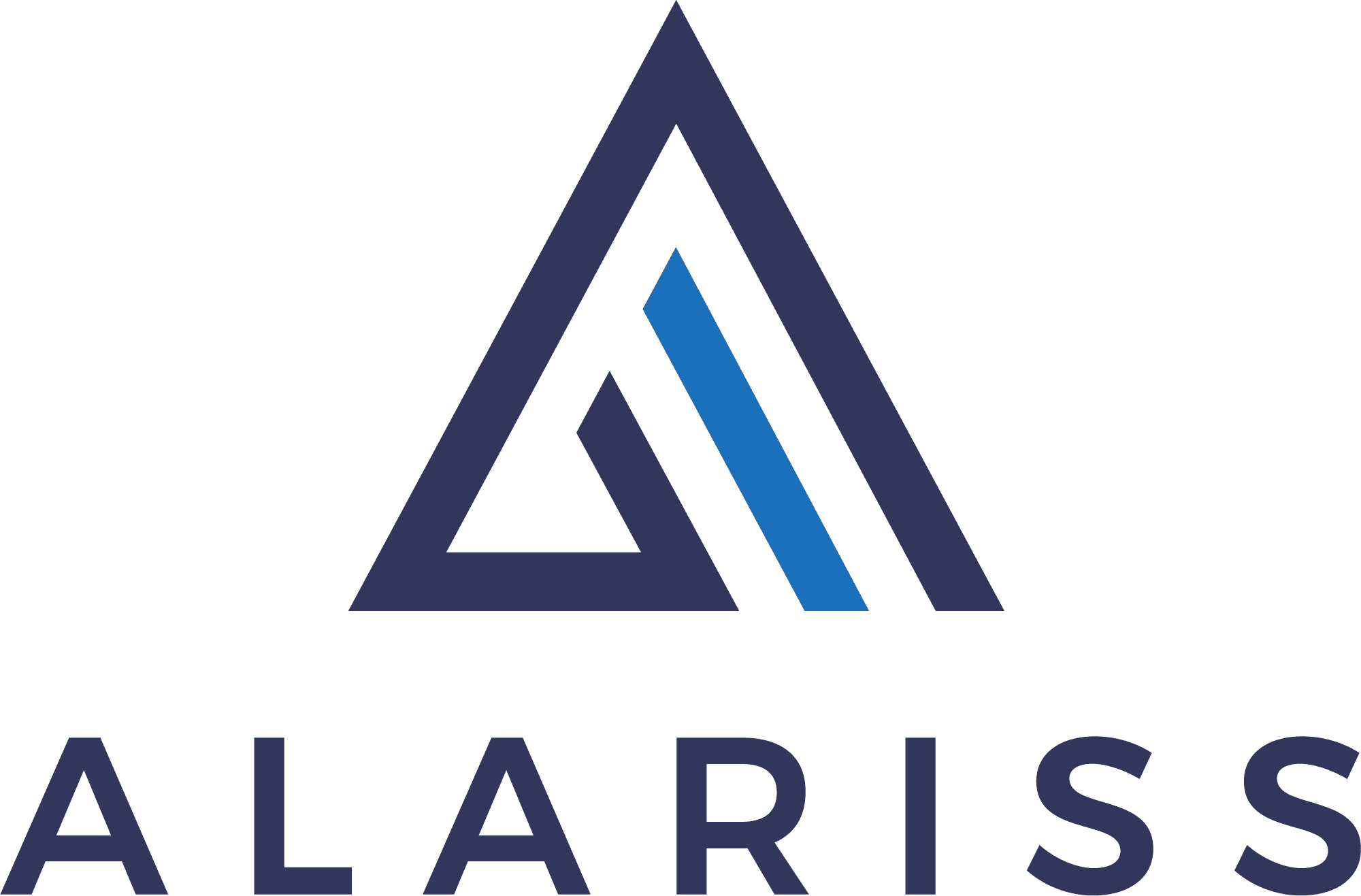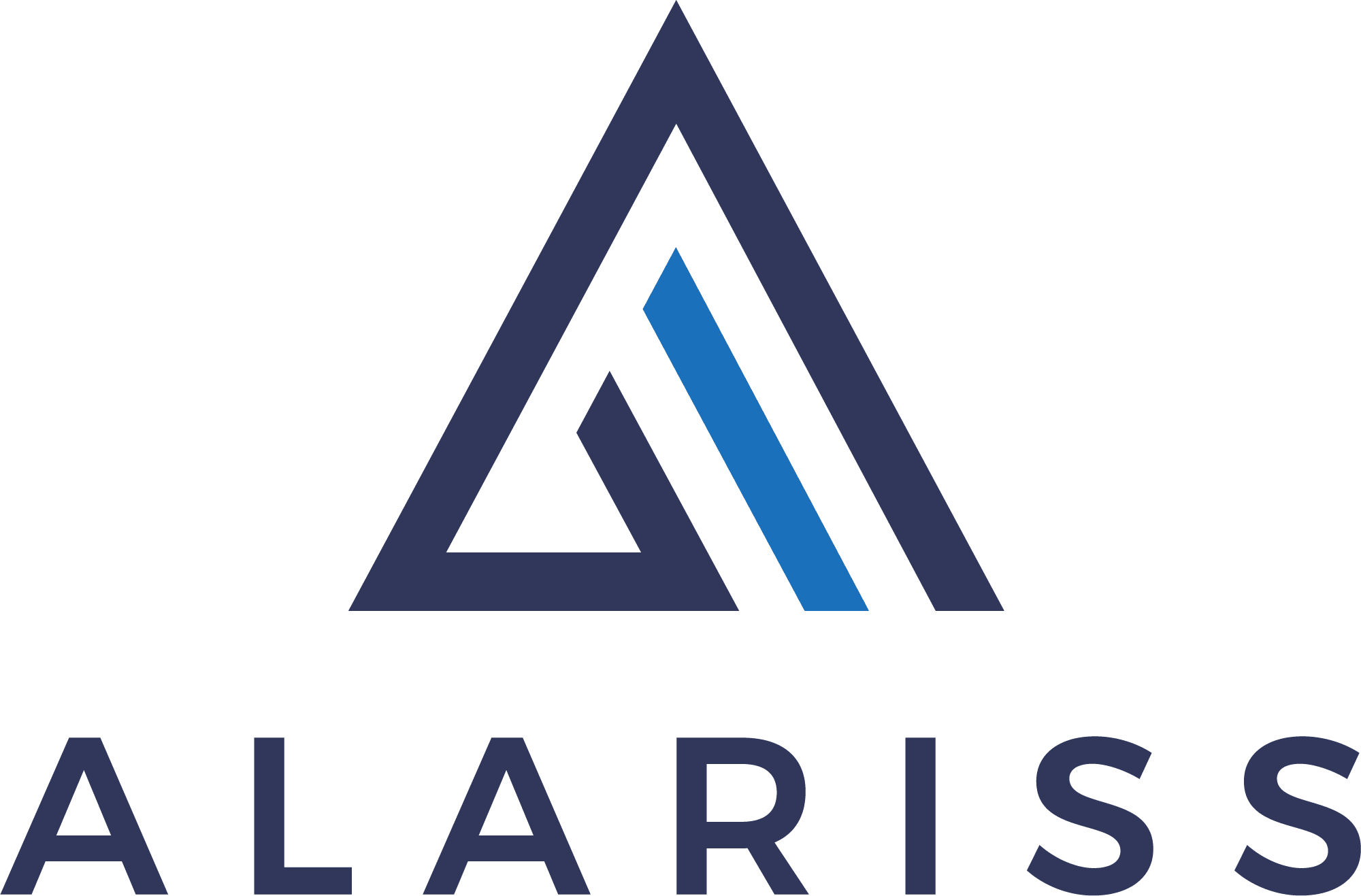Blog
How To Succeed in Sales: A Conversation with David Reed

March 21, 2022
I’m glad to have David Reed, VP of sales at ReadMe, on the podcast. Tell me about the product that they sell at ReadMe.
Yeah, so we sell mostly to companies that are building software, but we sell developer hubs. So companies use us to publish API documentation, code samples, and onboarding documentation for their APIs specifically. So if you go to developer.airbnb.com or developer.coinbase.com, these are sites that developers will go to when they need to pull data from those companies’ APIs. Those hubs are a product, and ReadMe is a company that serves up those hubs, makes it really easy for companies to publish the docs, change the docs, design the docs, make them look good, make them feel good, and make them easy to manage, and we’ve been doing it since 2015.
That’s great. You’ve been at ReadMe since near the beginning. What has it been like for you to build a sales team and build revenue from zero dollars to millions of dollars per year?
It’s been good. Yeah, it’s been a very stereotypical startup experience, ups and downs. But yeah, we started with one sale, and then we got two, and then we got four, and we grew it from there. ReadMe is a bottom-up SaaS company, so we’re kind of like maybe like Slack or I don’t know, GitHub. Basically there’s a couple of tiers, there’s a free tier, a couple credit card tiers, and then we have our enterprise version of that core product, which a lot of companies have this model. And when I came on board they didn’t have any of the enterprise stuff, so we didn’t have any more expensive version of the product to sell to larger businesses, and we’ve developed that out of the last four years and it’s become a huge percentage of our revenue and a big focus of our business, there’s a big appetite for it, so. Yeah it’s been wild, but we’ve had a good amount of success so far, and we just keep going.
That’s great. You’ve had 100% year over year enterprise sales growth for five straight years. How were you able to accomplish that?
Yeah, well you got to have a good product to start. You can have 100% plus growth per year with a bad product, but it’s hard to do two. So we have a good product, and our founder has a great product engineering mind, a guy named Greg Koberger, and we have a great product team, great engineering team. So the product’s good, and it gets better every year, and it’s always changing. As a sales team, our job is to do really good negotiations to get people through the buying process, buying software at a big company is hard. We pitch value, do all those things that a normal sales team does. But our job is to show people the product, dig for pain, solve their pain points and ultimately get them to buy it. To get growth year after year, the product has to constantly be getting better. So the first version of the enterprise product probably wasn’t good, it was shaky, it was a few features here or there, but it’s developed into a nice, mature, very usable product. It’s really, really nice, really, really easy, tailored towards our biggest customers and biggest prospects in the market. So we worked really closely with our product commissioner and team over time, we just continued to make it better, and then we scaled the team with our lead flow. So as leads grow, we add salespeople, we add SDRs, and we’re always pushing ourselves to sell more. We want to do more in this quarter than last quarter, every quarter, and we want to break records every quarter. If you want to grow 100% year over year, you have to constantly be scaling up, right? Because 100% of 500,000 is a lot less than 100% of 5 million, right? So it takes more people, more leads, every single year to continue to grow. And you just got to keep pushing every little thing forward every month, and then at the end of the year you’re like, wow it was a lot bigger year than the year before. At least it feels like that.
That’s great. Tell me about how sales have changed because of the COVID-19 pandemic.
Yeah. Everything’s remote, that’s the obvious one. And then all your salespeople are remote, you know? So we’re in Columbus, Ohio, or the sales team is. We were based here, the company is based in San Francisco, but I was based remote. Greg hired me remote about five years ago, and it was a weird experiment at the time, and it ended up working out. I ended up doing a deal in the first month to justify me being there, and it was a good deal. It’s still a customer today, and we just ended up having a really good working relationship. I hired a couple SDRs, originally they were supposed to set meetings for me and I was going to close the deals a few years ago. And I hired them here in Columbus, and it was really great because they were people transitioning into sales early in their careers, I could sit with them all day, coach them, coach them, coach them, answer questions, questions, questions, they could shadow all my calls. It was really, really easy to coach and train. Those are now our highest-performing, the only two people I hired but they’re all remote now, nobody wants to go into the office, and we let people work how they want, we don’t dictate how anybody does anything. In the hiring market, they’re pretty much remote-first. Especially here in the Midwest, maybe in like California, if you’re at Google, you can get people in the office but people here, a lot of them already work in remote in tech anyway in the Midwest because there’s not a variant B2B SaaS tech companies here, so like salespeople. A lot of people are already remote, or they want to go remote, or their first job is remote so I had to figure out how to hire people that want a remote job and then train them from day one knowing I’m not going to be in the same office as them. So it’s a bit of a challenge for management, but we just have to hire better people. We used to be able to hire people that maybe there was questions, I can develop this part of their ability or that part, or maybe they bring one thing to the table but there’s a few things they’re going to need to work on, we’ll work together. Now we’ve got to be really, really confident, they’re really intelligent. You have to show a track record of success and we just have to make sure we’re hiring really good people because it is harder to ramp a new job remotely. And especially if it’s entry-level sales or mid-level sales, it’s just harder because you have to learn so much. So that’s really how it’s changed, we just transitioned really to remote like everybody else. But I’ve had to change my management style, hiring style, the type of people we look for, all of that has changed. And then the market’s crazy, everybody has a job, everybody is making money, everybody’s hitting quota. So it’s harder to a) find differentiated people, and b) find people that are willing to lose their job where they’re making a lot of money, hitting quota, and there’s a lot of leads and stuff like that. That’s really how it’s changed in the last couple years.
That’s great. What was your typical day like in sales before the pandemic, and what is your typical day like now?
Honestly, not that much different besides where it was happening. I would go to the office, we would go four days a week, now we go one. It’s different in that sense, I have kids and stuff, so working remote is a lot better for me. For young people, I think working in an office is better. Like if you’re 20, 22, 28, just starting your career, just got into– I think working in an office is way better for folks like that, but obviously people like me, we prefer to work alone, we got kids, and people in their thirties, that’s generally what we see. But other than where it’s happening, it hasn’t changed much. We didn’t really see a regression in our business at all. There was some signature fear for like a couple of months right when the pandemic started two years ago, where people didn’t want to sign anything because they were uncertain, but that kind of passed, and we’ve just gotten bigger every month. I mean, we just keep getting bigger and who we sell to– nobody’s in the office, so nobody we sell to is in the office either. We were trying to put an emphasis on going out and flying and seeing people right before the pandemic hit, and we were having a hard time and struggling because we sell into product and engineering orgs. And half of who we talk to might be an executive that’s in an office in New York somewhere, so we’d try to fly out and see them. Now nobody is, nobody is. We haven’t talked to somebody that’s in an office unless they’re overseas, some people overseas you get people in offices, but nobody in the US. Even overseas, like we have a lot of customers in India, and they’re remote too. So that’s really the difference is even if we wanted to go see people in person, it doesn’t really make sense, and that would be really hard to do.
So it sounds like you’re not traveling much anymore, like you used to travel more for your job and now you don’t.
Yeah, a little bit more. We don’t travel at all now, we just do it all on the computer, and people are used to doing business that way. I think there was a period where people were like, come to my office and we’ll do a presentation. Now everybody’s used to Zoom so nobody really wants to–business travel, at least in our business, is dead. There’s no reason to do it. Which I agree, I mean there’s no–like face to face goes way better, it’s way easier to develop a relationship, way easier to do sales face to face, the buyer doesn’t really want to do that. So you got to figure out how to make it work via Zoom, and we have, and we continue to close deals.
That’s great. So what are the advantages and disadvantages of working in a remote environment in sales?
Yeah, I think the training and onboarding people is different. You got to make sure you hire really intelligent people that are going to be good performers. The challenges we have is people that need a lot of coaching and a lot of training, there’s just less opportunities to give it to them, you’ve got to schedule a lot of time to do it. But everybody’s adapting to that right now. But we’re not a huge price point, we’re not doing like million-dollar deals with CEOs and stuff like that where you’re face to face, or venture capitalists where they’re giving people tens of millions of dollars. And at that level, yeah, you’re going to do everything face to face, and it’s a little different, but even those guys are doing deals all digitally now and all over Zoom with millions of dollars on the line. So I think that millennials and Gen Z, they’re ready for it. They’re ready to do everything online, and it’s fine. It’s fine to sell, I mean some people prefer to go to the–I still go to the office one day a week. But like from a buying and selling perspective like, I don’t want to see a vendor in my office. I’ll go there and see my team, but I don’t want to sit down with somebody who is trying to sell me something. And I think we get the sense our buyers don’t either. Like if they go to the office, they want to be around their team and they want to go to team lunch, and they want to do their standup in person a couple times a week, but they don’t want to talk to vendors. Because people just don’t spend as much time there, so they want to make the best use of it talking to people they work with.
What’s your advice to other sales leaders looking to succeed in a remote environment?
Hire good writers, hire people with an elite skill. Especially if you’re going entry-level, having an elite relationship person that has a proven track record of top performance. Like hire people that are number one. I was number one on my team. There’s just lots of risk, there’s so much risk when you hire people that are average, right? Because you’re just not going to be able to mold them in the same way. And then, lean into it. Some people are fighting it, like we want to go back to the office five days a week or four days a week or three days a week or we want to fly you in, and people don’t want to do it. If you want to hire good people, be the best remote place on the planet. Be better than everywhere else remote. I say hire good writers out of the beginning because in the remote environment, writing is everything, and our best reps are the best writers. They write really, really well, they’re able to get their point across. All the stuff we used to do on calls, they’re able to do in email. For me, I’ve seen that as something I really like. It’s harder to book meetings over Zoom, nobody wants to be on Zoom all day, people cancel them all the time, they’re not as effective, I think writing is really the difference in this new environment. I’m a terrible writer, I’m not very good, thank God I’m not twenty-five, but I try to hire people that are, and I can coach them on the other stuff. And writing is really hard to teach, but I mean there’s a million pieces of advice I can give to sales leaders about being in remote, but for the sake of this call I’m just going to give one. It would be hire people that can write and that have been number one at something, top performers, and you’ll de-risk yourself. If the people can’t write, if they’re an average performer, they’re probably not going to do well.
Why is writing so important for sales?
Same as talking. I mean, talking is so important in sales. When you’re face to face, you got to be slick, you got to be quick, you got to be able to negotiate, you got to be able to represent value. Salespeople have always stereotypically been great communicators and talkers. They’re able to ingest information and spit out really simple sentences briefly that are really compelling. Typically really good salespeople, they’re very compelling. When you talk to them, they’re able to ingest lots of complicated information and spit out a really compelling, simplified reason for why you should do that or what that means. But in the digital world, you’re not always talking, a lot of times you’re writing. People will write their objections via email. You’ll push for a call, and they’ll say we need to figure all this stuff out first. And so now all of a sudden, you’re handling your objection via writing, or you can wait for a meeting. You can push and push and push for a meeting and say I’m just going to talk, I’m just going to talk. And reps will do that, reps will only do meetings and only handle things in meetings, and I push all my reps to only handle everything in meetings too. That’s how I thought it was, but then what I found is that it’s actually different. You can get a lot done if you’re a good writer, a lot more done than the people that are just pushing for meetings all day long to handle all their business and meetings with prospects. If you can handle them via email, there’s a way to handle them via email. I know that I’ve traditionally never believed that, but I’m seeing it now with our reps and the ones that can, they can be really compelling writers, they get deals done. And they don’t need as many meetings, they don’t need as many calls. And what that leads to is a quicker sales cycle because now they’re not waiting a week for a meeting or pushing a meeting or book my Calendly and waiting around for the prospect to talk with them on the phone. They’re doing it digitally; they’re doing it via text on their cell phones. And I think in the digital world moving forward, a lot of selling is done in written form, I think there’s still going to be a lot of strong sellers that only do everything over the phone, and that’s fine, and we have those here. But I’m just a believer if you’re a really good writer, right now there’s never been a better time to be in sales. And if you can be that compelling speaker and you can have that compelling simplicity, then you can apply it in written form, you can get a lot of deals done, and you can get them done really, really quick because you’re not the person waiting around for a meeting.
That’s great. What do you think are the most important factors for success in sales?
You’ve got to want to do it. If you don’t want to do it, you’re not going to be good at it. You have to embrace software, just sending tons of emails and doing tons of LinkedIn requests, you just always have to be active in sales and people that do that are great. And then you have to be super–like the best salespeople are super– So you want to do it, embrace software because you’re going to do a lot of it, and then you just have to be super curious. Generally people that are in sales that are really good, they’re just curious about everything. Like if you sit down and have a conversation with them about dinner, you end up talking the whole time. They just keep asking question after question after question. They’re interested in your business, they’re interested in your relationship, they’re interested in stuff. People like that are good in sales, whereas most people, the faults are like either not talking because they’re introverted or they think they’re introverted, b) talking about themselves, that’s typically where people default to. Really good salespeople are actually not either like that, they’re not like that. When you see them out or when you talk to them, they’re just like these super curious people, and all of a sudden you find yourself in a conversation with them talking, talking, and talking because they’re just asking question after question after question, and they’re well aware. And that mentality is really good for sales one, because it helps you on calls because you have to do discovery and pain digging to find out what other people’s problems are and that mentality helps with that, but it also helps you get better, right? So when you’re coaching a person like that, they want to know every single aspect of what they’re doing wrong and what they can do to get better, they’re always searching for answers on how to get better. And people that aren’t curious aren’t like that. They think they’re great or they don’t think they’re great but they aren’t willing to find out the answers and it puts you in a spot where you’re not adapting, you’re not evolving and it just makes it really, really hard to ask good questions on calls and discover pain, which is ultimately what a salesperson’s job is.
Is there anything you want to add?
To that?
In general.
Yeah, I mean there’s a lot of things or there’s a lot of traits you can find in salespeople that are great. But I think of just like the most general ones, that’s it. What I will say is there’s no salesperson that could sell at every company in the world. Every company is different, what they need to sell their product is different, and you have to hire different types of people in order to find what works great at your company. A lot of sales leaders say I want an ex-athlete that does this, this, and this well or I want–like there’s standard things that people look for, especially for younger folks. When 60% or 70% of the reps don’t hit quota, they go, what are we doing wrong, and they’re hiring the same person over and over and over again. And what I found is that, just by knowing other sales leaders, every company is a little different, what you’ll look for because the product’s a little different or the market’s a little different, or the price point is a little different, or you have to do meetings a little different. Just hire different types of people that you think could be good sales folks with differentiated traits, especially at the beginning. Like you said, zero to 10-plus million, 100% growth over growth, like I got there by hiring different people. Finding out what type of people don’t work here, what type of people do, and then I was surprised like this writing thing was something I was surprised by. I’ve never hired good writers, I never really cared, if they could spell, it’s fine, but I ended up hiring somebody that just had that skill, and it changed the way I hired forever. Now I only want to hire more people that do that because it works really well in our business. So that’s the other thing I would suggest is hire different types of people with different skill sets when you’re early to get that persona that works best at your business. Because it’s different, it’s different. Like somebody who could sell Ferraris probably is not going to sell developer docs well. They may have some great sales potential like some core skills, but when you sell this Ferrari, you’ve got to wear a suit and present super well and rich people got to like you. With us, it’s actually kind of the opposite. We want to see you in a hoodie, if you show up with a suit, they’re going to be freaked out, this guy is trying to sell me financial advice, what am I doing here? We’re selling to engineers who are very casual, they don’t trust people who wear blazers. So that’s like a very broad general example of like why you shouldn’t hire the same person for every role, but that would be my maybe fourth piece of advice there.
It was really great to talk to you, thanks so much for your time.
Yeah, likewise. Thanks for having me on.
Thank you.





